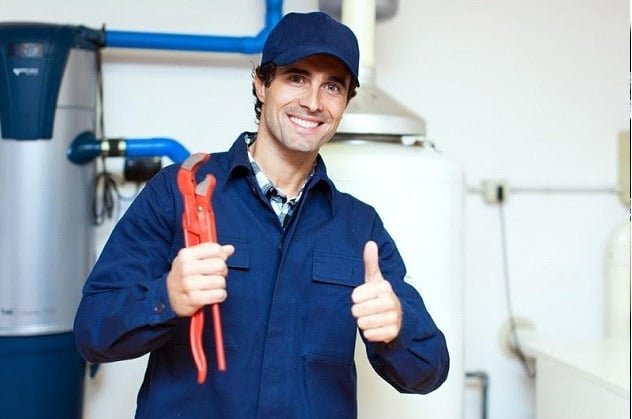Hot water service is a vital part of our everyday life. From hot showers and baths to washing dishes and doing laundry, hot water is something we often take for granted until it stops working. Uncertain if it’s a minor leak that can be easily fixed or a severe problem requiring professional attention, hot water service issues can be worrisome. And with the myriad of hot water services available, it’s crucial to understand their common issues and how to solve them.
Our comprehensive guide aims to help homeowners navigate this task by providing vital information on common hot water service problems, how to spot them, and the steps you can take to resolve them. We will help you understand when you can handle these issues yourself and when it’s best to call in a professional. We believe that equipped with this knowledge, you will save time, effort and potentially a significant amount of money.
Understanding Hot Water Services
There are two primary types of hot water services available in the market; storage tank systems and tankless (on-demand) systems. Storage tank systems are the most common, functioning by storing and continuously heating a volume of water in a large tank. On the other hand, tankless systems heat water directly without the use of storage tank, providing hot water instantaneously.
Each type has its own benefits and potential issues. Storage tank systems are less expensive to install but are more prone to standby energy losses due to the continuous heating. Moreover, the tank’s capacity limits the amount of hot water available at a given time. On the flip side, tankless systems are more energy-efficient and provide unlimited hot water, but their initial cost is higher. They can also be overwhelmed by simultaneous demands for hot water.
Main Issues with Hot Water Services and How to Identify Them
There’s a broad array of issues that can occur with hot water systems. The most common signs of trouble include lower water pressure, discoloured water, inconsistent water temperature, strange noises from the water heater, and of course, no hot water.
Lower water pressure can be due to a build-up of sediment in the tank or pipes. Discoloured water is often a sign of rusting within the system, which can also lead to strange smells. Inconsistent water temperature can be caused by faulty thermostats or sediment build-up at the bottom of the tank that interferes with the heating element. Odd noises can be due to the heating and expansion of the heater’s internal parts or the rupturing of the tank due to pressure build-up.
Unpacking the Causes of these Issues
The causes of these issues could be numerous. Age, improper installation, and lack of maintenance are primary factors. Like all appliances, hot water services have a lifespan. Over time, the tank can rust and the heating element can deteriorate, causing various problems.
Improper installation can cause poor water flow, leaks, uneven heating, and even a shortened lifespan of the unit. Regular maintenance is essential for a hot water service. A lack of maintenance can lead to a heap of problems like sediment accumulation, rusting, failing parts, and more.
Simple DIY Fixes for Hot Water Service Issues
While certain hot water service issues require professional intervention, there are some simple DIY fixes that homeowners can undertake. Often, inconsistent water temperature can be corrected by adjusting the thermostat or by making sure the cut-off switch has not been accidentally turned off.
If you have lower water pressure, you can inspect the pipes and valves for obstructions or leaks which can often be fixed easily. If your hot water system is noisy or there are strange smells or discolouration in the water, it can be due to the build-up of sediment in the tank and flushing the system can resolve these issues.
When to Call a Professional: Recognizing Serious Issues
There are, however, serious issues that require a professional. For instance, significant leaks are a sure sign as this can cause substantial property damage and safety risks. Also, a malfunctioning heating element, severe rust, or serious operational issues such as the unit not turning on or off can likewise signal a need for a pro.
While it’s tempting to fix things ourselves, attempting to solve complicated issues without the proper skills and equipment can potentially cause more harm than good. It’s important to recognize when to seek professional help, and that’s part of being a responsible homeowner.
Proper functioning of your hot water service is a balance of understanding common issues, regular maintenance, and recognising when professional help is needed. By staying informed and attentive, homeowners can avoid potentially costly damages and ensure a consistent hot water supply.
Conclusion:
Hot water systems are indispensable in modern households, ensuring comfort and convenience. This guide covers the entire spectrum of hot water installation and repair services, providing detailed insights and practical tips





